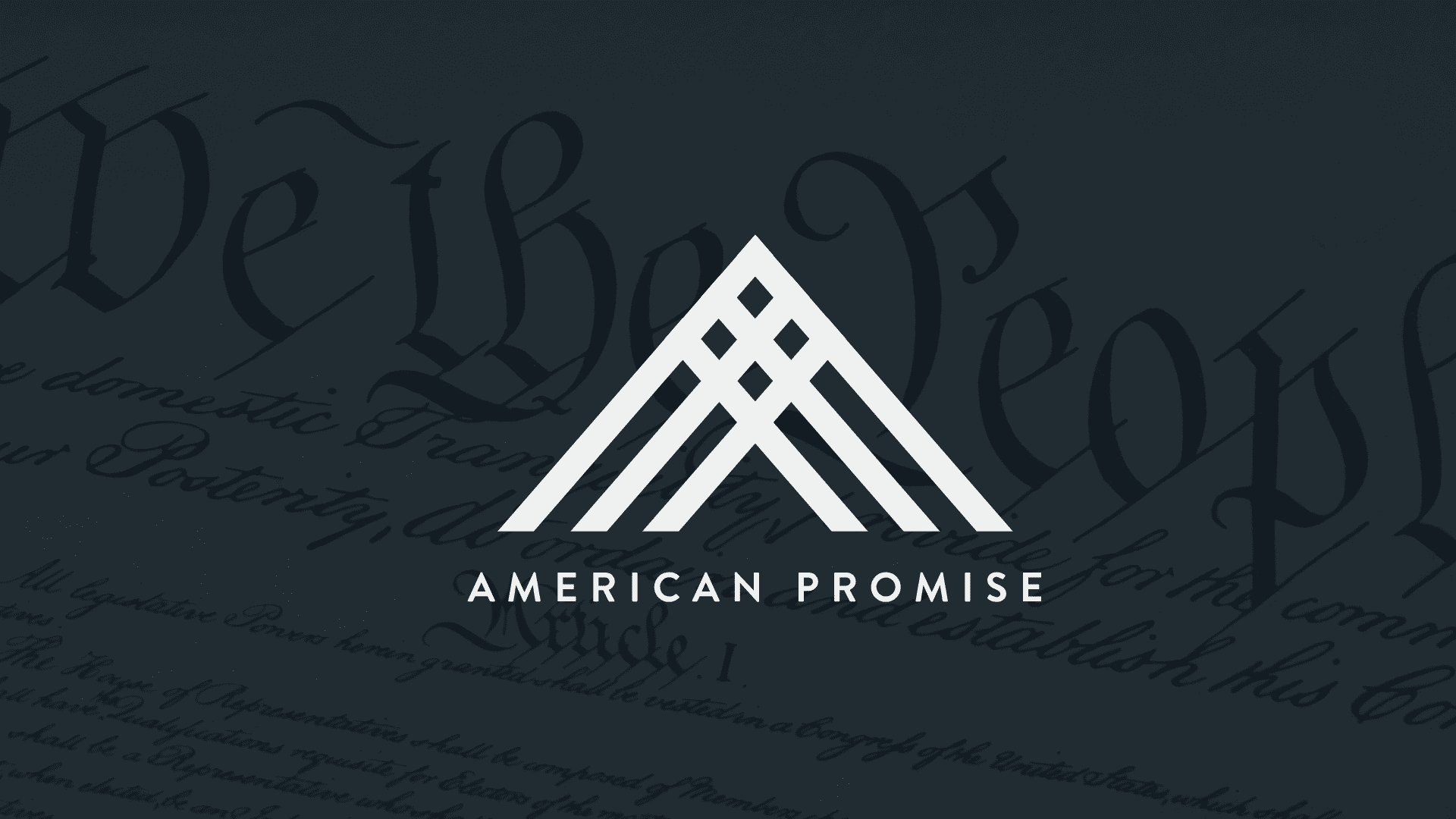American Promise issued the following statement in response to the United States Supreme Court’s decision to grant certiorari in National Republican Senatorial Committee v. Federal Election Commission, a case challenging limits on spending by political parties in coordination with individual candidate campaigns.
With its decision today to grant certiorari in NRSC v. FEC, the Supreme Court is once again positioning itself as the ultimate decider of campaign finance policy. While the legal question before the Court will be whether a federal law that limits spending by political parties should be struck down as a violation of the First Amendment, the real issue for the American people is: who gets to decide how and when to regulate money in our elections? Elected representatives or unelected judges?
In a series of decisions, the Supreme Court has made itself the final authority on campaign finance in America by repeatedly ruling that spending limits violate the First Amendment. The idea that the First Amendment prevents Congress and the states from regulating money in elections is a legal fiction—one invented by the Court in the 1976 case Buckley v. Valeo. That interpretation finds no support in the Constitution’s text or the Founding-era understanding of free speech.
The answer to the public’s overwhelming concern about the role of money in politics isn’t to hand these questions over to an unelected judiciary and hope for the best. Instead, we need a new amendment to the U.S. Constitution—like the For Our Freedom Amendment—to make it clear that campaign finance policy belongs with the American people and their elected lawmakers, not appointed judges. Such an amendment wouldn’t mandate any particular regulations; it would simply return these decisions to the democratic process where they belong. Who would decide? We the people would.
The Supreme Court’s campaign finance rulings have created a system where the elite can now spend unlimited sums influencing elections while everyday Americans feel increasingly unheard and left behind. The For Our Freedom Amendment would restore questions about the role of money in politics back to elected lawmakers, and would trust the American people to govern ourselves. The Constitution belongs to We the People—not to nine justices determined to impose their policy preferences as constitutional commands.



